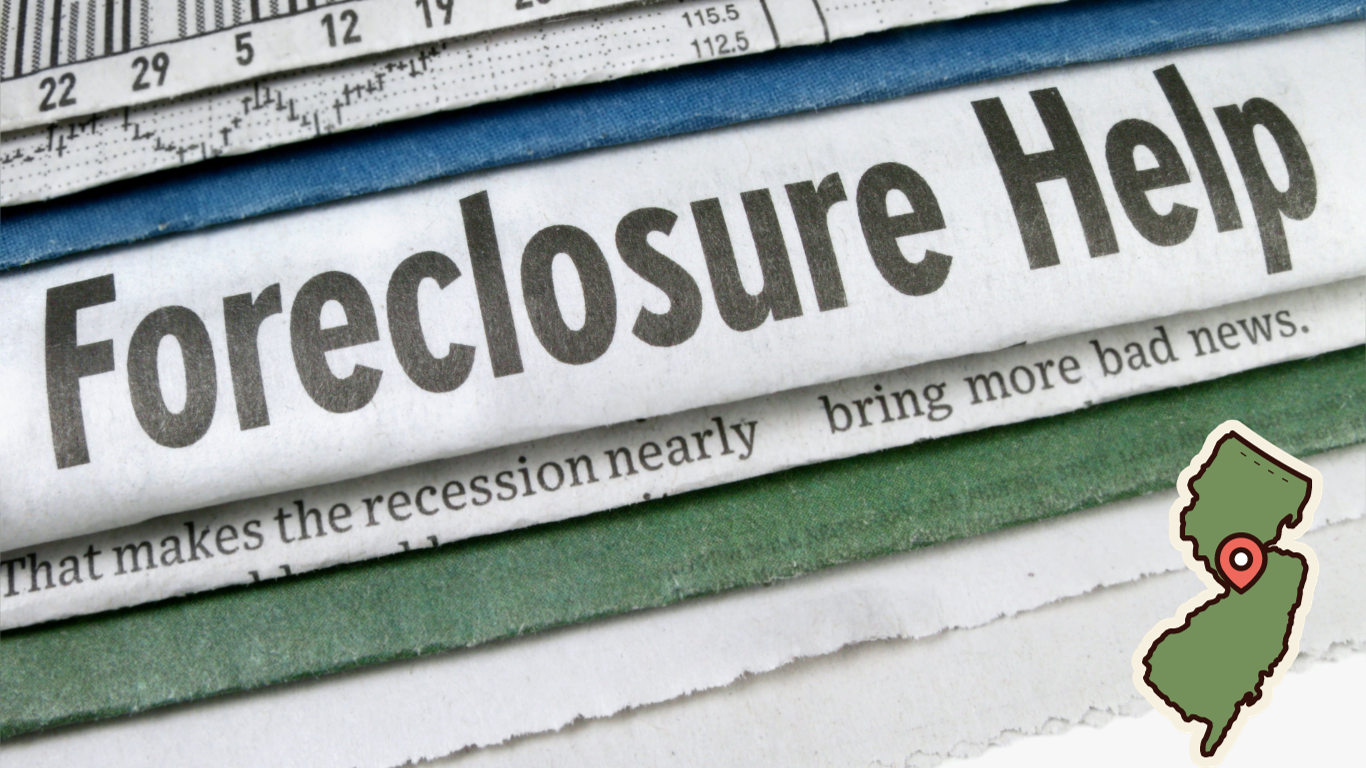Hope Amidst Heartbreak: NJ Tackles Foreclosure Epidemic with Groundbreaking Community-First Approach
New Jersey's foreclosure situation remains concerning, painting a stark picture compared to the national average. As of November 2023, one in every 4,347 homes across the US faced foreclosure proceedings, according to SoFi's analysis. This translates to a national rate of 0.023%. In contrast, New Jersey's situation is significantly more dire, with a rate of 0.126% – roughly five times the national average. ATTOM Data paints a similar picture, reporting that one in every 794 housing units in New Jersey experienced a foreclosure filing in Q3 2023, compared to one in every 1,389 nationwide.
This disparity is further evident when examining the states with the highest foreclosure rates. Delaware, Maryland, Ohio, South Carolina, and New Jersey consistently top the list. This unfortunate trend showcases the vulnerability of New Jersey's housing market, potentially influenced by factors like high property taxes, stagnant wages, and the lingering effects of the pandemic.
New Jersey Governor Phil Murphy signed a landmark bill, the Community Wealth Preservation Program (A5664/S4240), significantly altering the state's sheriff's sale process for foreclosed homes. This legislation prioritizes access for lower-income families, tenants, and community development corporations, aiming to counter the rising trend of large investors snapping up foreclosed properties.
Key Provisions:
Right of First Refusal: Foreclosed homeowners, their kin, or tenants residing in the property have the first opportunity to purchase at the "upset price," the minimum acceptable bid. This empowers them to reclaim their homes or ensure continued tenancy under affordable terms.
Lower Down Payment: Qualified individuals can secure the property with a 3.5% deposit, replacing the previously required 20%. This makes homeownership more attainable for low-income families facing foreclosure hardships.
Financing Options: For those using the home as their primary residence for at least seven years, mortgage financing becomes available upon pre-approval by a financial institution.
Community Development Involvement: Non-profit community development corporations (CDCs) gain the second right of refusal with the commitment to provide affordable rental options and potential future purchase opportunities for the displaced family.
Addressing Previous Concerns:
The new bill addresses concerns raised by Governor Murphy during his conditional veto of a similar bill in 2022. The controversial 50% cap on upset prices has been removed, alleviating anxieties within the banking industry. Additionally, transparency measures mandate public disclosure of upset prices four weeks before sheriff's sales.
Benefits and Goals:
Governor Murphy emphasizes the legislation's potential to "create a new avenue to homeownership" and empower communities. Proponents hope this initiative will:
Preserve affordable housing options by preventing displacement of current residents.
Stabilize neighborhoods by curbing rapid investor purchases and maintaining community dynamics.
Increase homeownership rates among lower-income families and strengthen financial security.
Next Steps:
The Community Wealth Preservation Program marks a significant step towards equitable access to homeownership in New Jersey. Its implementation and effectiveness will be monitored closely, with potential for future adjustments to optimize its impact on the state's housing landscape.
